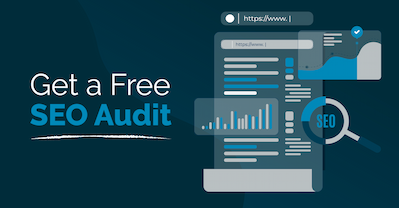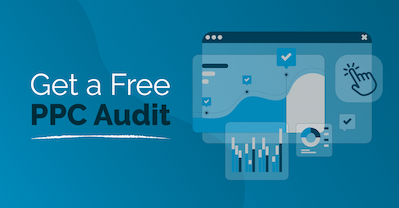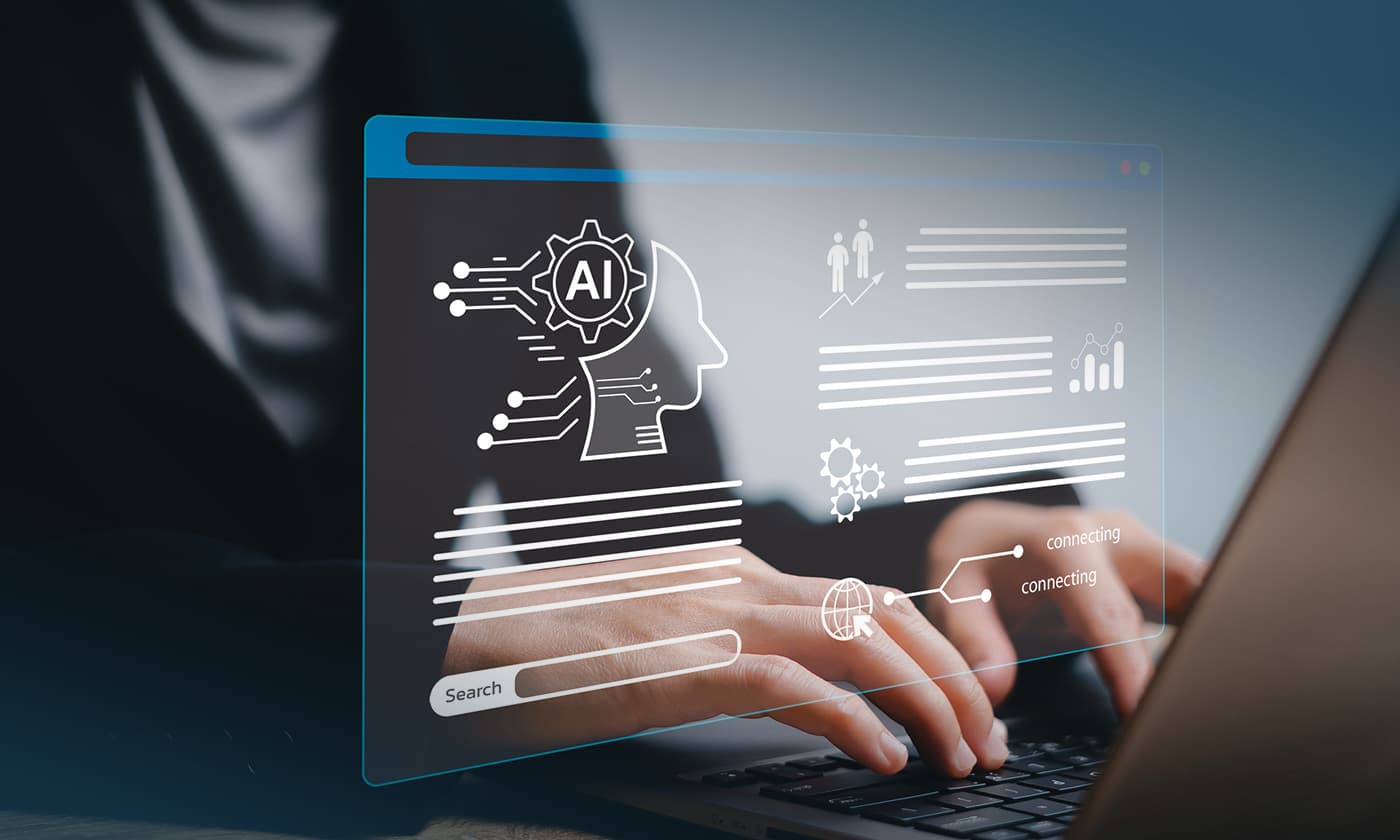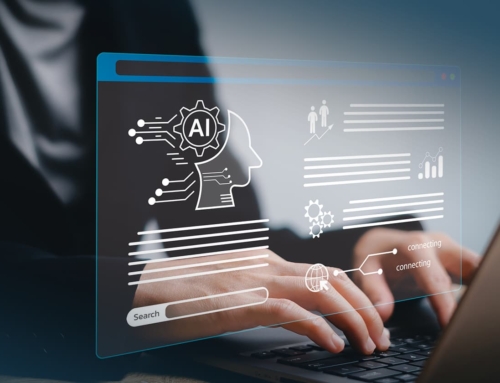We often get clients or prospective clients who ask us what our view is on AI and content. While we absolutely feel AI can be an amazing tool to help make content better, at Big Leap, our policy and belief is that content should be human-led and AI-assisted.
Here are a few examples of why.
Example 1: Relying Entirely on AI
This first example comes from a former client of ours who was earning amazing results. You’ll see in the screenshot below that the amount of keywords this client was ranking for was consistently growing every month during their time with us.
To save money, the client decided to part ways with Big Leap in December of 2022 to lean entirely on AI to create their content (see purple line).

Two months after our client left, there was a significant drop in their rankings. While Google does not care how your content is produced, it does still care about the level of quality your content achieves. In other words, does it answer your target audience’s queries and pain points? Does it provide insightful details backed by credible sources/data?
Self-assess your content by taking time to read Google’s helpful, reliable, people-first content guidelines.
Example 2: The Man vs. Machine Marketing Challenge
Marketing Insider Group, Renegade.com, and CMO Huddles conducted a test that compared human-written content, AI-generated content, and AI-generated-human-edited content. This test was conducted over a 10-week period as traffic, visibility, and search rankings were tracked.
The test found that:
- Human-authored content performed better in terms of traffic and rankings compared to AI-generated content.
- AI-generated content was faster to produce, but it required human editing to meet the standards of human audiences.
- Hybrid content (generated by AI and rewritten by humans) performed better than AI content, but it was less effective than human-authored.
CMO, Andy Crestodina said, “High speed means lower quality. True, with high speed you can publish a high volume of content, which may have some top-line traffic advantages. But this isn’t a strategic approach to content. AI isn’t a content strategy.”
Quality content matters, and achieving this requires a human-centered approach—the decision-making, thoughts, and creativity each of us possess are pivotal to achieving content that connects and converts.
So our warning to any of our potential or current clients or partners is that content should be strategic, human-led, and AI-assisted. Going 100% on AI may do more harm than good.
Example 3: ChatGPT for a New Website
A new leisure and sports website was launched in December 2022, with all content created using AI (GPT-3.5). Minimal editing was done before publishing, and over 30 articles were published in 8 months.
Though the website’s search volume was seasonal, its average position remained stable through the fall and winter months. However, clicks and impressions declined as winter approached. The website experienced a significant drop in clicks, impressions, and rankings during the March 2023 Core Update.
Thus, putting all of your trust in AI content is risky. You may run into the same pitfall this leisure and sports website experienced in March. The human touch is invaluable in content creation.

AI Is No Substitute for the Human Touch
In conclusion, while we know AI can be helpful it’s imperative to consider implementing human-led and AI-assisted policy into your work. Artificial intelligence can be a fantastic tool for content ideation, data, research, and quick content production, but it is far from perfect.
Human touch is important for creating high-quality, accurate, and informative content. AI can be a valuable tool, but is no substitute for human expertise, judgment, and creativity.



















